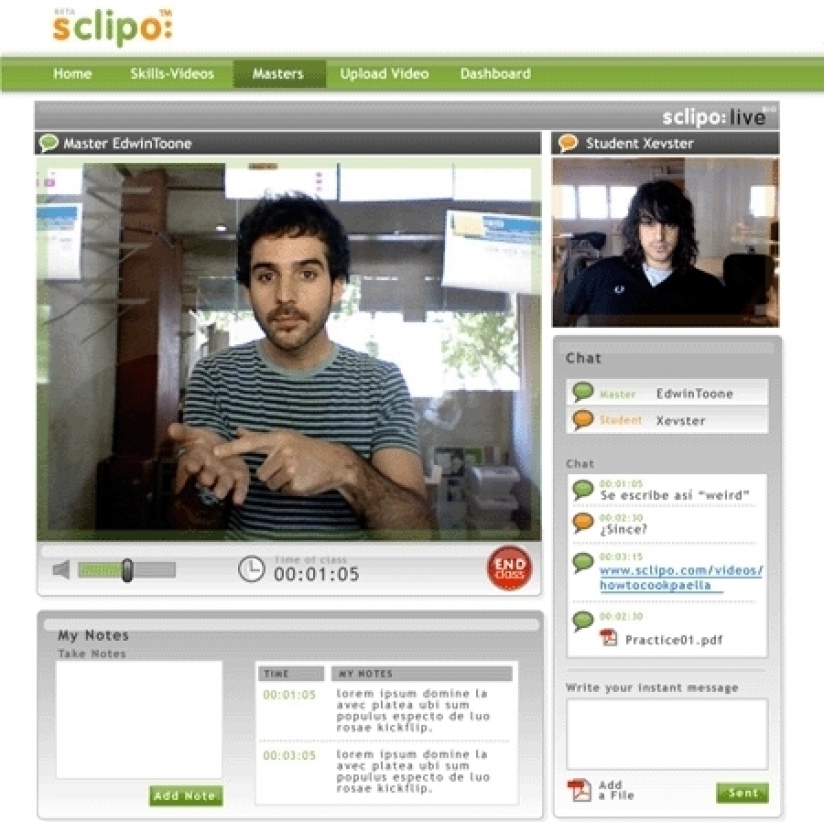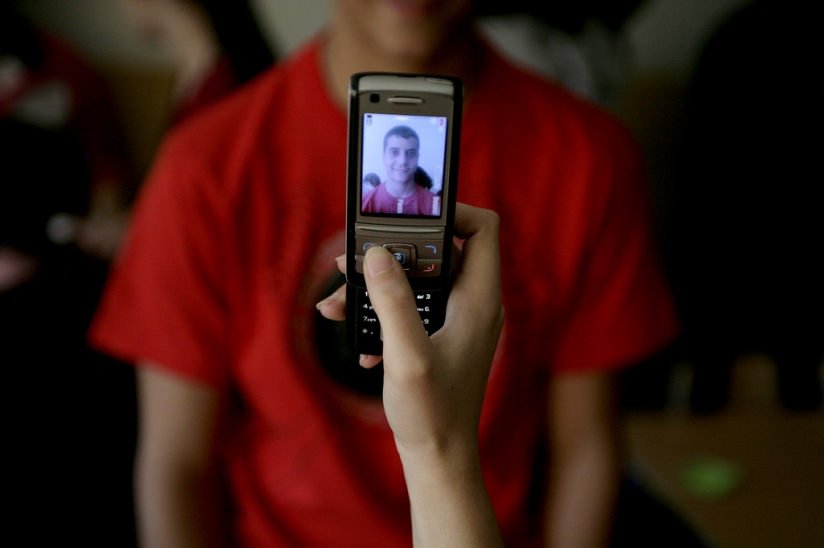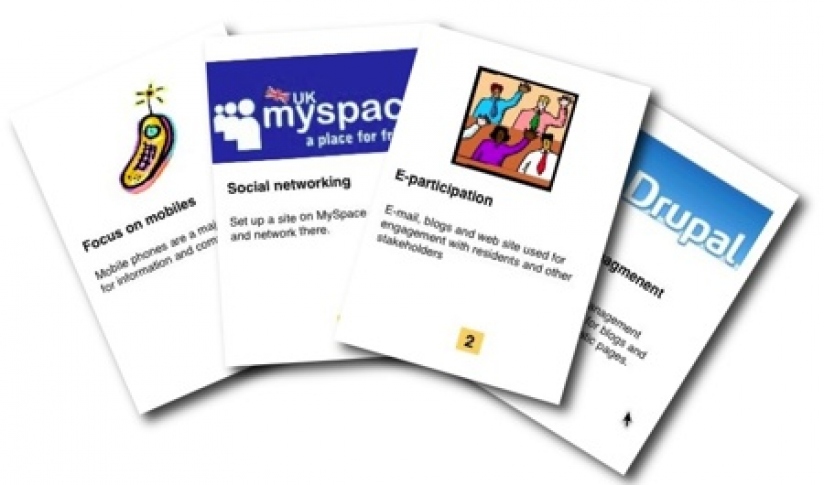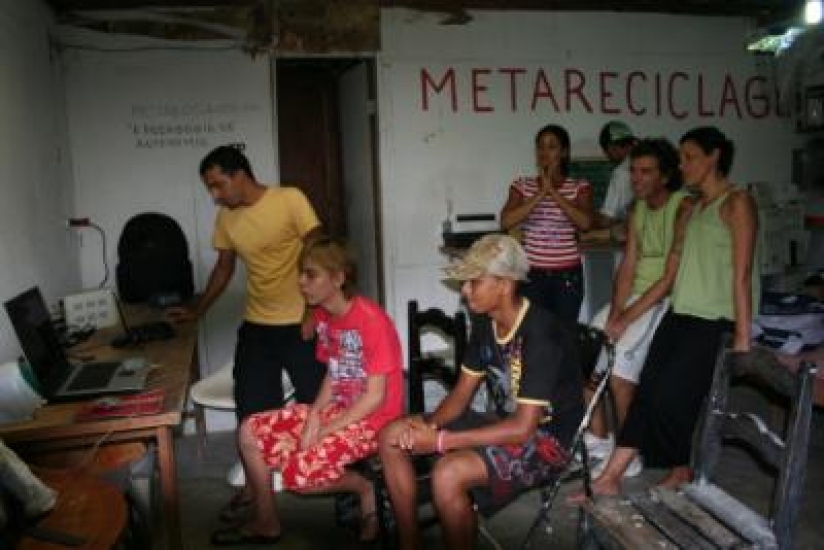Informal Web-Based Education
Contributors: Sclipo
Platoniq interviews Gregor Gimmy, from Sclipo.com (1)
1. What are the origins of SCLIPO? When did it start? What were the main goals?
Sclipo started officially in Jan 2007. I launched a prototype in Nov 2006, which got great feedback from the internet community.
I had the idea, built the first prototype and wrote the business plan. I have been involved over many years in internet and education / knowledge management. E.g., I founded a web-company in San Francisco in 1999 which helped Biotech researchers share knowledge. With the emergence of internet video, I saw that knowledge exchange via web will change the way we learn. It will not substitute today's "physical, off-line" learning, but... Read more
MobilEDUCATION
Contributors: Teemu Leinonen
Platoniq interviews Teemu Leinonen (1)
1. M-learning-related projects such as MobilED, ShareIdeas and others are operating in pretty much uncharted territory, as the present of mobile communication technologies evolves every few weeks/months. Have you conducted any previous studies on similar enterprises before starting your project or do you prefer to focus on this particular reality?
In our research practice we have several stages.These are: contextual inquiry, participatory design, product design and implementation of software and/or social/technological system as hypothesis. The process is iterative and we understand that in the later stages of the process we always gain more understanding of the topics and activities central in the earlier stages.
During the contextual inquiry we... Read more
Learning Games
Contributors: Designing for Civil Society, David Wilcox
Platoniq interviews David Wilcox, from Designing for Civil Society (1)
1. What are the origins of your project? When did it start? What were the main goals?
In 2003 I was thinking about starting a blog, and went to a workshop called Designing for Civil Society, at a conference. I suggested we blog the workshop... And afterwards I kept it going.
2. What needs does it address, what sort of problems does it try to solve?
I have worked as a print journalist, and as a consultant in regeneration, community engagement, and partnership organisations. The focus of the blog -and my current work- is on how to mix face-to-face and online communication for collaborations. I continue to work as a consultant, helping people develop processes for collaboration.
3.... Read more
MetaReciclagem
Contributors: MetaReciclagem, Felipe Fonseca
Platoniq entrevista a Felipe Fonseca, de MetaReciclagem (Brasil) (1)
1. Describe brevemente la comunidad en cuestión (incluyendo la situación geográfica, la población afectada y las circunstancias económicas).
El proyecto MetaReciclagem, como red descentralizada, trabaja con diversas comunidades por todo Brasil, agregadas alrededor de lo que llamamos "esporas" (centros de metarreciclaje) y "conecTAZes" (proyectos que se benefician de tecnología reapropiada). Esto comprende desde la comunidad de Sacadura Cabral, favela urbanizada de Santo André que cuenta con una espora; los frecuentadores del SESC Pompeía, que participan de talleres esporádicos o InstallFests; hasta las personas involucradas en los más de 100 puntos de cultura que están siendo... Read more






 IMAGE
IMAGE IMAGE
IMAGE IMAGE
IMAGE IMAGE
IMAGE